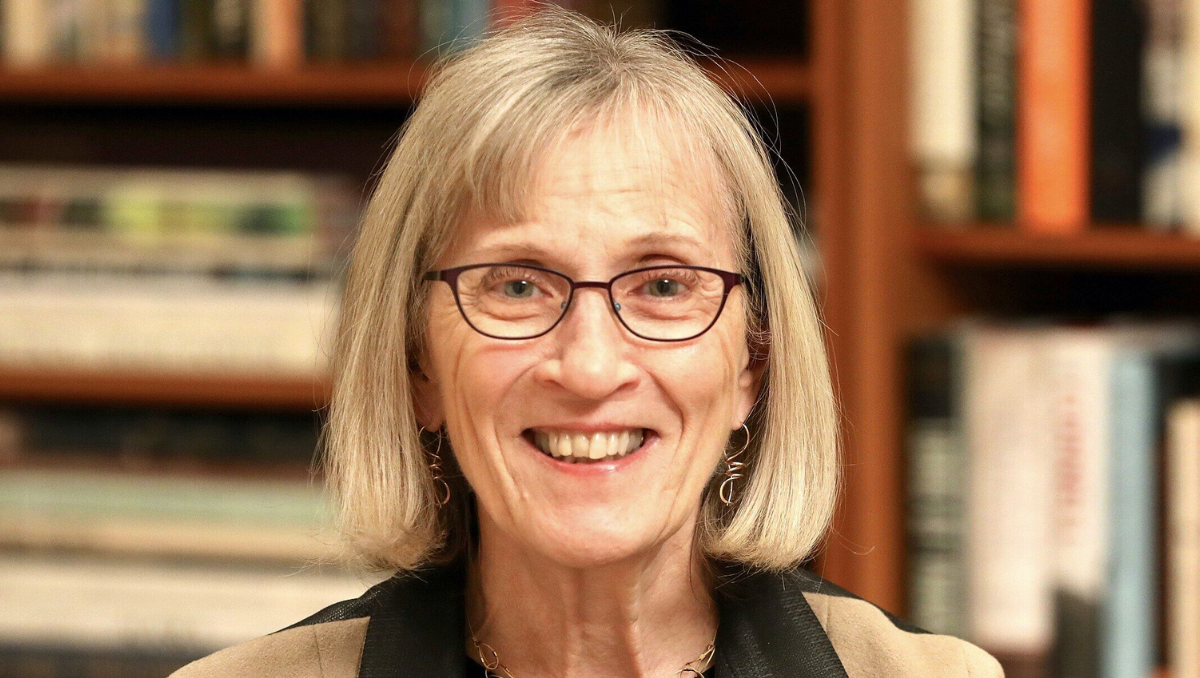The Sveriges Riksbank Prize was awarded to Goldin “for having advanced our understanding of women’s labor market outcomes”
Table of Contents
Claudia Goldin, an American economic historian, is a Harvard University professor and has been awarded the Nobel Prize for her groundbreaking work in advancing one’s understanding of the outcomes of women’s labor market. Around 200 years of data on the US workforce has been studied and analyzed in order to understand the gender gaps in both occupation and education and how that has changed over a period of time, answering the question as to why women work less and get paid less than men.
Prof. Goldin, born in 1946 in New York, was the first woman to receive tenure at Harvard University in the economics department in 1989. She remarked that economics still has “an image problem with women” as “even before students enter university, they believe economics is a field more oriented to finance and management and women are less interested in those than are men”, highlighting the gender prejudices that tend to blur one’s lens of understanding at the world.
Goldin is the third woman to have received a Nobel and that too solo. Before her, Elinor Ostrom won the Economics Prize in 2009, which she was awarded along with Oliver E. Williamson for research on economic governance. In 2019, Esther Duflo became the second woman to win the award which was shared with her husband Abhijit Banerjee, and Michael Kremer, for focusing on poor communities in Kenya and India.
Key Findings of the Research
- Her research shed light on the fact that the shift from agrarian to industrialized society in the 1800s led to a decrease in the participation of married women but their employment soon was picked up as the service economy in the early twentieth century started growing. This structural change is indicative of the evolving social norms regarding women’s responsibilities for both family and home.
- Professor Goldin also found out that the current gap in the earnings of men and women has largely been due to the impact of having children. Historically, the gender gap was accredited to the educational and occupational choices made by men and women at a young age but Goldin’s findings bring attention to the current structural inequalities.
- One of the key findings in Goldin’s work was to observe that female participation in the labor market forms a U-shaped curve as the number of women participating in paid employment has not increased steadily over time or even in line with economic growth.
- Another important observation included that the introduction of the contraceptive pill in US states played a significant role in bringing a radical change as this gave them agency to delay their fertility cycles, allowing them to plan and invest in their careers. This study was conducted by Goldin and was co-authored with her husband Lawrence Katz.
The Royal Swedish Academy of Science has said that Goldin’s research extends beyond the borders of the US as similar patterns are also observed in other countries. Her insights would help to bring a “better understanding of the labor markets of yesterday, today, and tomorrow”.
Claudia Goldin: Other important works
Even though more women have entered the labor market, especially in high-income countries, it does not ensure equal participation as only 50% of women work or seek opportunities to earn as compared to 80% of men. These gaps have enhanced even more in countries like South Asia, north Africa, etc. In such context, Goldin’s insight becomes pathbreaking as it not only draws one’s attention towards the lack of progress in bridging gender gaps but also makes it a matter of “economic concern” as bridging this gap would also increase global GDP.
Goldin’s recent work, titled ‘Career and Family’, discusses this phenomenon of “greedy jobs”, paying disproportionately more for long hours, while those who choose to be “on call” for parental duties pay a career penalty. This leads to a continued increase in the disparities between men and women, severely ha,pering women’s growth in the process. Goldin’s work also talks about the idea that caregiving should be given value as it is only through these steps that any nation can come closer to achieving gender equality.
